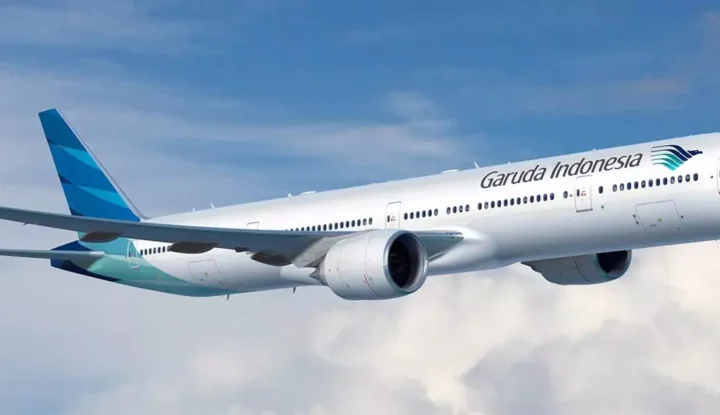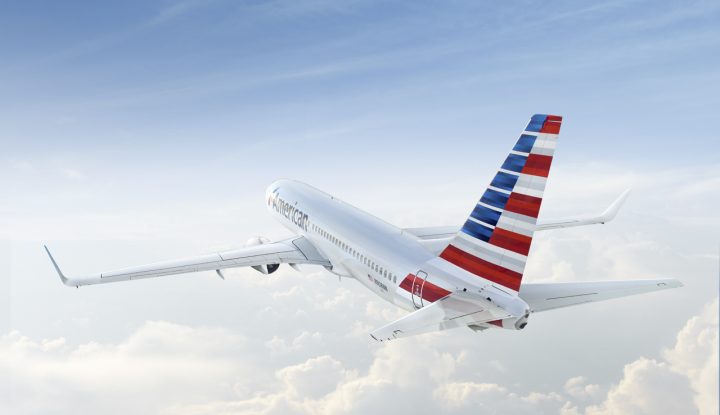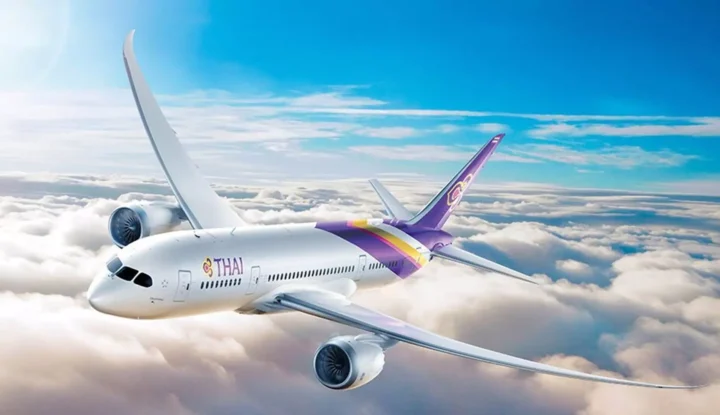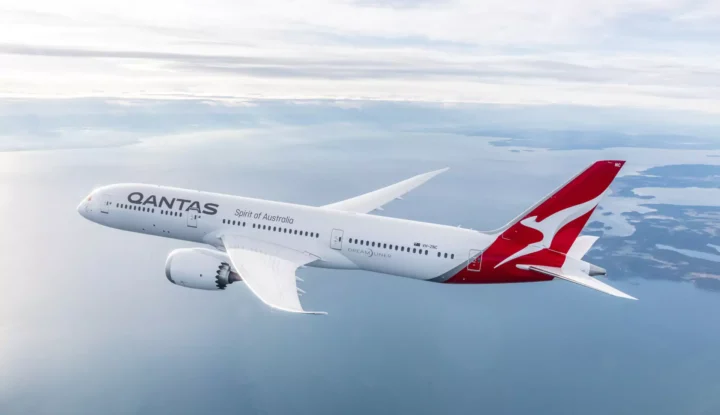Trends shows pure low-cost carriers in midst of new age
SOUTHLAKE, Texas, May 8, 2008 – A new breed of “hybrid” carrier is quickly overtaking traditional low-cost carriers (LCCs), according to a study released today by Sabre Airline Solutions, the global leader of technology solutions for the airline industry, which reveals that more passengers travel on a new breed of “hybrid” carrier than on traditional LCCs.
The global study of 540 airlines revealed that out of 123 self-nominated LCCs, 59 percent had added enough complexity to their business model in recent years that they had now evolved into a full-service airline (7 percent) or were part of an emerging breed of “hybrid” carriers, which blend low-cost carrier traits with that of full-service carriers (52 percent).
Only 41 percent retained true LCC characteristics including point-to-point routes, single aircraft types, single cabin configuration, simple fares with no interline or codeshare agreements and direct distribution usually through the internet.
Furthermore, passenger numbers from 2007 show that these “hybrid” airlines carried 64 percent of all passengers in the broader LCC segment.
Gordon Locke, vice president of Airline Marketing and Strategy for Sabre Airline Solutions, said there had been a lot of speculation about the evolution of the LCC model, but up until now no quantifiable research existed to show how these airlines were changing their businesses to stay competitive.
“The LCC market is one of the most competitive in the airline industry and this has spurred many pure LCCs to explore new ways of evolving their business to remain competitive and sustainable. For many, this has meant adopting some full-service carrier business practices to help grow their passenger base and expand their market reach, although they have often added their own twist on how these business practices are implemented,” said Locke.
The study shows that full-service carrier attributes being introduced by LCCs include: international routes, use of the global distribution system (GDS), codeshare agreements, connecting services, multiple fares available at any time, advanced ticketing procedures, multiple aircraft types, multiple classes of service, interline agreements and long-haul destinations.
“Airlines that introduce more than three of these full-service characteristics should be considered a ’hybrid’ carrier because each attribute adds a level of complexity and cost to the operating model that is inconsistent with the fundamental principles used to define low-cost carriers,” according to Locke.
Based upon this, within North America, low-cost airlines that may be considered “hybrid” carriers include industry leaders like Southwest Airlines, JetBlue, WestJet and AirTran Airways. Globally, the trend is just as strong with European carriers like easyJet, Germanwings, Norwegian Air Shuttle, bmibaby, Sterling Airlines, KDAvia, Centralwings, Blue Panorama Airlines and Flybaboo taking on “hybrid” characteristics. In Asia-Pacific, Virgin Blue and AirAsia also fall into this new category.
“Many of these airlines have evolved into a ’hybrid’ carrier in order to make a play for the highly lucrative business traveler, who has a completely different set of needs and shopping behaviors from the leisure traveller that LCCs have traditionally targeted.
“That’s why some have introduced GDS distribution, multiple products, new classes of service and interline agreements. They’ve also invested in sophisticated revenue management tools and techniques that help them maximize the revenue generated by every seat on every aircraft, every day of the year,” Locke said.
“In comparison, pure LCC airlines don’t use these tools. They stay true to the LCC model – a simple, no-frills offering using discounted airfares to appeal to a single travel segment, in this case the price-conscious leisure traveler,” said Locke.
About Sabre Airline Solutions
The world’s leading provider of integrated solutions and services for airlines and airports, Sabre Airline Solutions helps companies generate more revenue by optimizing performance in 14 key areas of airline operations. More than 200 leading carriers and 100 airports use Sabre Airline Solutions to better market their schedules, sell their products, serve their customers and operate efficiently. Sabre Airline Solutions was founded in 1960. For more information on Sabre Airline Solutions, please visit www.sabreairlinesolutions.com



